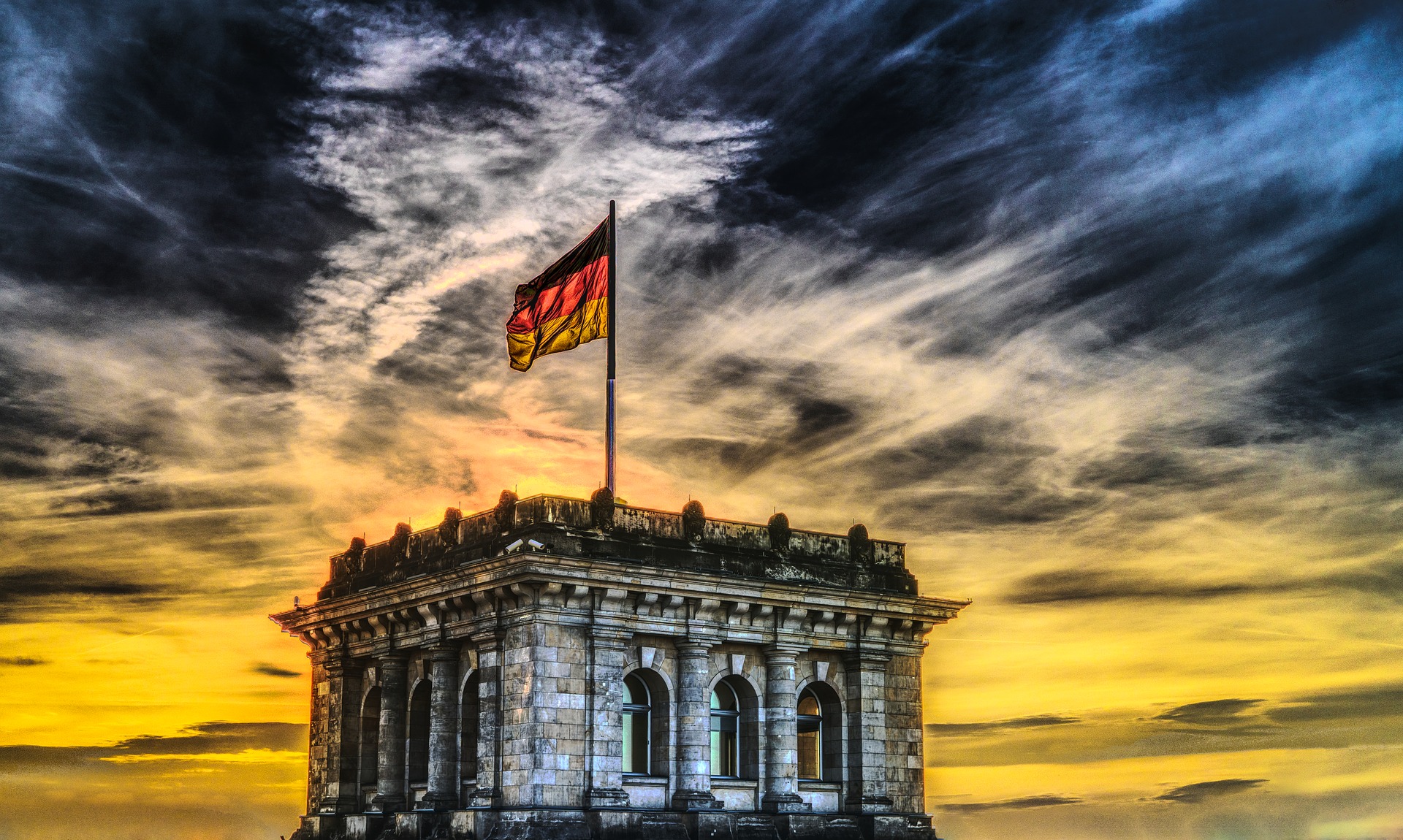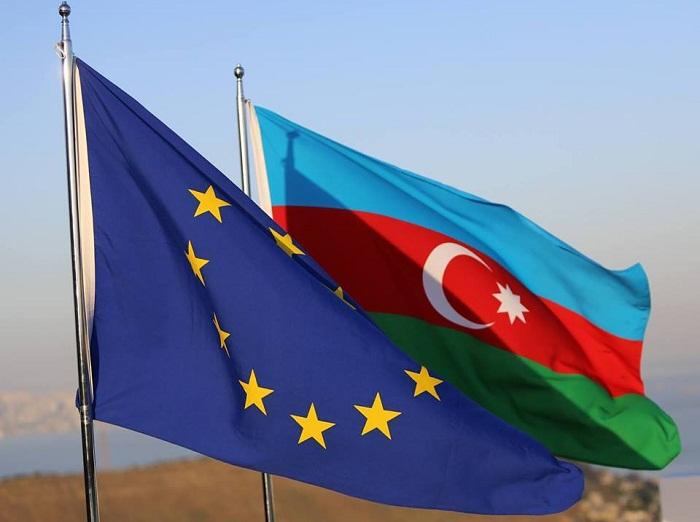
Europeans do not usually think about the Maldives in geopolitical terms, but rather as an idyllic holiday destination in the middle of the Indian Ocean. However, the fact is that this tiny island nation is yet another example from across the world in which democracy is being threatened. A month from now, the Maldives will be holding Presidential elections. The prospects for the legitimacy and fairness of these elections are highly worrying for the European Union and the South Asia region
After decades of the move to democracy, the Maldives has recently seen a major shift towards China and authoritarianism, under the current presidency of Abdulla Yameen. Yameen, who took office in 2013 after a highly contested and seriously flawed electoral process. Since then, he has also courted radical Islam support as a response to the alleged Western interference in Maldivian sovereignty. Salafism and hostility against Western powers have increased dramatically as both the Saudi Arabian and Chinese influence and investment, increases in the Maldives.
Europe has deep concerns about the situation of democracy, the rule of law, and radicalisation in the Maldives, particularly on account of the high numbers of EU tourists and business investment in the country. Hence, an unofficial delegation went to the country this month made up by three Members of the European Parliament accompanied by Madi Sharma, British European and Economic and Social Committee EESC representative, and Henri Malosse, 30th President of the EESC and Honorary Chairman of Vocal Europe.

The delegation gathered information on the electoral campaign, seeking information on its transparency to ensure a free and fair contest for the two presidential candidates. However, evidence given showed;
a dictatorial shift of the ruling party towards disturbing, undemocratic trends, funded by China, and with close ties to radical Islamic groups that bring the security of European tourists, business and investors into question. This is now a country where the anti-terrorist legislation is not being utilised to actually tackle radicalisation, but rather as a political tool against opposition forces, human rights activists and journalists.
said Henri Malosse.
All this is in contravention to the recommendations of the European Parliament Resolution in March 2018, and the Targeted Sanctions imposed by the European Council in July 2018.
The main parties in the opposition have joined forces to form a single opposition coalition, but are very much restricted in their campaigning efforts by the government which impedes their voter engagement by banning electoral advertising, meetings, or rallies and excludes the opposition coalition from appearing on national television. Alongside this hinderance, is the composition and activities of the Elections Committee which is in the hand of Yameen.
The outcome of the election is, thus, in question, as a transparent and fair vote is not assured. Malosse is calling for the European Council and the international community to insist on free and fair elections. In the event of fraudulent election results through manipulated processes, sanctions must be implemented, not just against individuals concerned but against the country as a whole.
The situation in the Maldives is a threat for the entire international community and concerns all of us. This situation could happen anywhere in a world where an ambitious apprentice-dictator builds a prison for his or her own people, supported by an aggressive superpower and terrorist groups. We will not let Mr Yameen transform the paradise islands of the Maldives to a hell. If Mr Yameen wins with threats and fraud, we won’t just ban his close friends, we will ban the whole country from tourism and investment.
Geopolitically, there are vested interests in the Maldives from various countries but particularly China, as it holds around 70 percent of the county’s debt and has invested heavily in the archipelago not just for tourism but for control of the shipping lanes in the South China Sea and beyond, this is well documented, including its wish to build a strategically positioned military base amongst the islands.
The outcome of these elections must therefore be free and fair because they must reflect the choices of the Maldivian people. Europe also has a vested interest, beyond keeping China happy, and that is that they have a responsibility to protect and ensure security for their citizens travelling to the islands and for the businesses with investment. But equally important, they must do everything possible to uphold democracy and rule of law.
Europe is concerned that free and fair elections are unlikely. In issuing the European Parliament Resolution and in imposing targeted sanctions, the European Union was sending a strong statement that it is watching events closely. But following the media and twitter reports of President Yameen and his entourage, it is obvious they believe Europe is not serious. With just a month until the vote on 23 September, we wait to see who will blink first.



